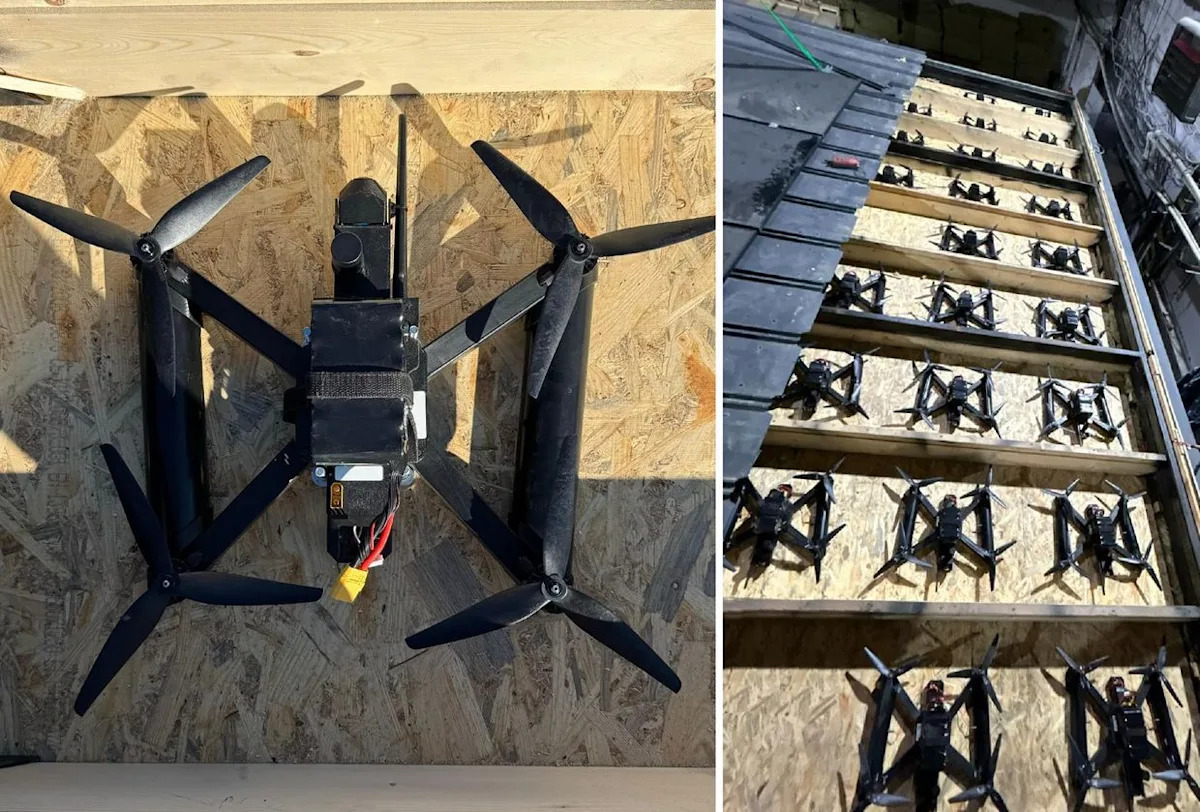Ukrainian Operation Spiderweb: A Bold Strike Against Russian Air Power
- Free Citizens Network

- Aug 12, 2025
- 2 min read

In a covert operation that unfolded remarkably close to the Federal Security Service (FSB) headquarters in Chelyabinsk, Ukraine's Security Service (SBU) launched one of its most ambitious missions of the ongoing conflict. This initiative, named Operation Spiderweb, involved intricate planning and execution over a span of 18 months, resulting in the striking impact of Russian military capabilities. According to the SBU chief, Vasyl Maliuk, the operation successfully targeted and destroyed between 13 to 21 heavy Russian bombers, including the Tu-95 and Tu-22M3 models, which are crucial for launching missile attacks on Ukrainian territories. Maliuk characterized Spiderweb as a “unique, multi-stage special operation,” emphasizing the extensive logistics, intelligence, and clandestine delivery methods employed throughout the mission. Drawing parallels to strategies used against transnational organized crime, the SBU adapted techniques from international drug smuggling operations to facilitate their access to Russian military assets. Ukraine's Operation Spiderweb. (Nizar al-Rifai/The Kyiv Independent) Crucial to the operation was the transportation of first-person-view (FPV) drones, which were concealed within the rooftops of wooden hunting cabins. These drones, while appearing standard, were modified to carry a specialized explosive weighing 1.6 kilograms, capable of breaching an aircraft’s fuselage. The hunting cabins, equipped with EcoFlow batteries and solar panels to maintain operational capability in severe weather conditions, were dispatched by truck to targeted Russian air bases, including Belaya in Irkutsk Oblast and Olenya in Murmansk Oblast. At the bases, the drones were launched directly at the bombers after opening the roofs remotely. Interestingly, the truck drivers who transported these cabins were largely unaware of their involvement. Maliuk stated, “They were used in the dark, and there was no intent in their actions.” On July 11, a significant event occurred when Russian authorities arrested 55-year-old Mikhail Ryumin for allegedly transporting drones connected to Operation Spiderweb, as reported by independent outlet Mediazona. International military analysts lauded the innovative approach of the Spiderweb operation. NATO Admiral Pierre Vandier described it as a contemporary reinterpretation of the “Trojan Horse,” showcasing Ukraine's enhanced technical capabilities. Moreover, U.S. Senator Richard Blumenthal remarked that the operation demonstrated a “skill and audacity” comparable to the U.S. mission that resulted in the death of Osama bin Laden. President Volodymyr Zelensky was reportedly in frequent communication with the mission's team, encouraging expedient progress and showing a keen interest in its developments, as noted by Maliuk. Following the operation's
.png)


